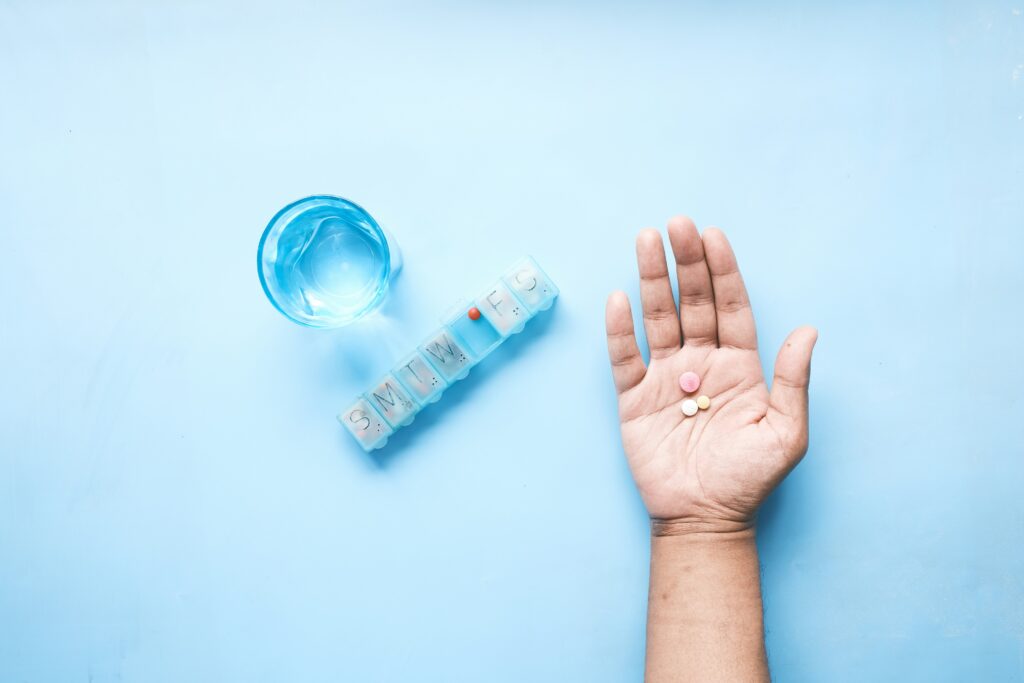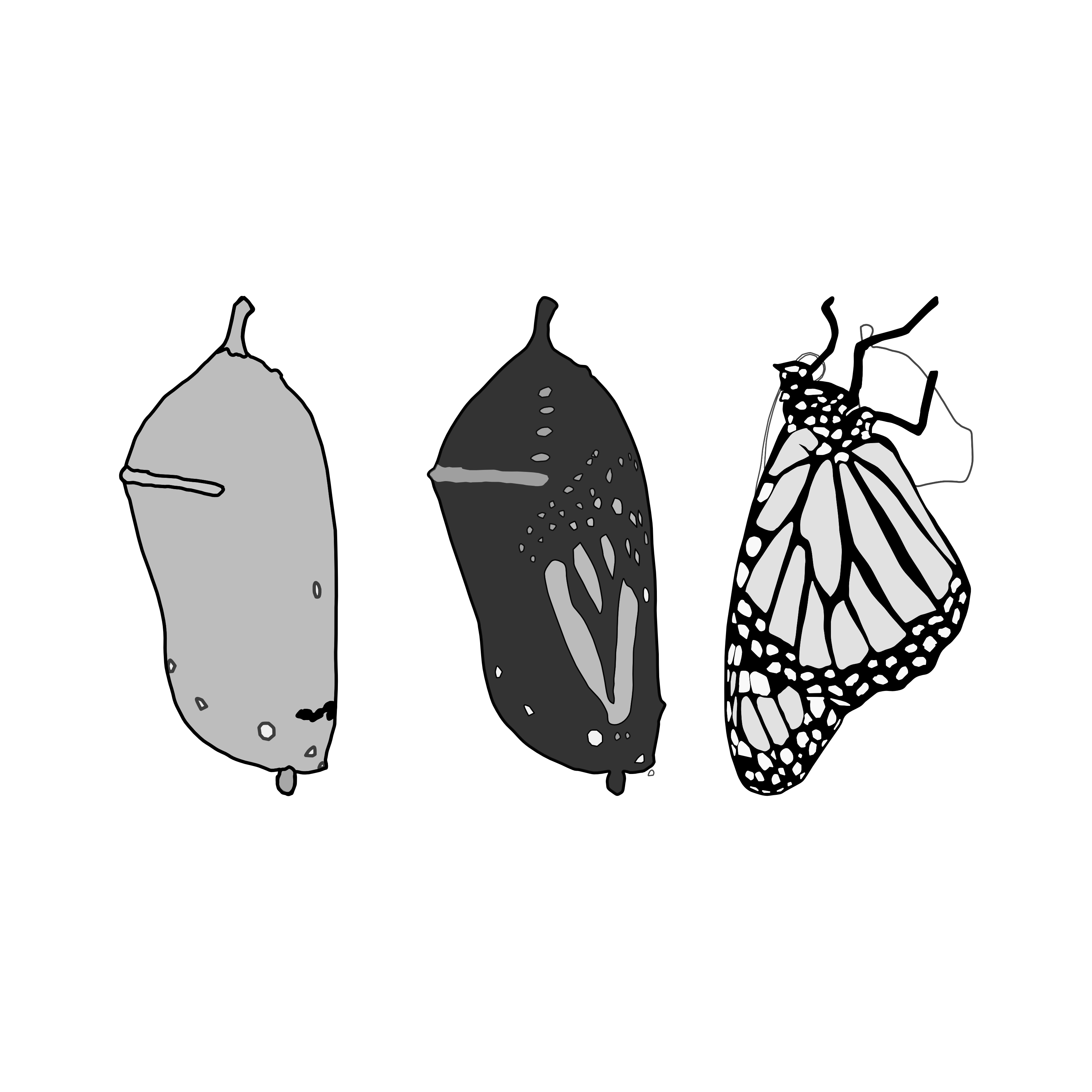One thing I see every day in my work that really gets people into trouble, is inconsistent dosing of their psychiatric drug(s).

Examples of Inconsistent Dosing in Everyday Life
This could look like forgetting to pick up your refill from the pharmacy before you’ve run out. It could look like taking a drug for only the second half of your menstrual cycle—something we see being recommended more and more often for people who have been given a PMDD label. (And something that also makes little sense: the same doctors who prescribe drugs for the last two weeks of the menstrual cycle will also tell you it takes 6-8 weeks of consistent use to feel meaningful effects.)
And if you are trying to taper, this could look like skipping days (so often recommended by prescribers), or it could look like inconsistently measuring out your doses (ex. breaking pills into pieces very imprecisely), or it could look like taking one dose one day and another dose another day (ex. 20mg one day, 10mg the next day, 20mg the next day).
Why Inconsistent Dosing Can be Harmful
For most of the time I was on an SSRI drug, I had no idea occasional but repeated inconsistent dosing could be problematic. Once in a while I would forget to pick up my prescription on time, or once in awhile I could forget to take it, or once in a while I would strategically skip doses here and there because doing so helped mitigate certain side effects I didn’t like. None of this was ever my norm, but it did happen. I never noticed any immediate ill effects and I never thought much about it.
Turns out, that inconsistent dosing may be part of what set me up to have such a difficult withdrawal experience when I was finally ready to come off and stay off. And it isn’t just inconsistent dosing of SSRI drugs that can be so problematic for people, it’s inconsistent dosing of any psychiatric drug.
Kindling: What You Need to Know
What we see all the time in the layperson withdrawal and drug harm community is that inconsistently taking psychiatric drugs–or previous withdrawal attempts–seems to prime the nervous system to become more sensitive to subsequent attempts to come off. It may also cause more sensitivity to dose changes or drug switches even when someone is not attempting to come off. It is a phenomenon known as kindling, and it appears to apply to any and all classes of psychiatric drugs. I see it every day in the work that I do. Learn more about kindling here.
For drugs with shorter half-lives, people often feel their missed dose or two pretty immediately. But even when a drug has a long enough half-life that we feel nothing notable from a missed dose or two, as was the case for me, it’s still potentially having an impact that we may feel down the road. How we take these things matters. How we taper these things matters.
Creating Stability is Key
When someone is tapering, inconsistent dosing means that the brain and the nervous system can never really find solid stable ground because the dose is changing every other day or so. Even if this doesn’t lead to longer-term hypersensitivity for every person who tapers this way, it can still create unnecessary discomfort, fear, and disruption to daily life and functioning.
Here are some tips I wish I had known earlier:
- Don’t forget to pick up your prescription—and early enough that if there are any issues at the pharmacy you can get them resolved before you run out of what you have. Anyone already familiar with my story knows that I learned this the hard way.
- Don’t skip days—use a day-of-the-week pill box, set an alarm, do whatever will help with remembering. This applies whether one is tapering or not.
- If/when tapering: once again don’t skip days, don’t alternate daily dosages, and make sure to measure daily doses as precisely as possible so that they are consistent. There are numerous ways to do this if you are not already familiar.
You’re Not Alone
I hope the information in this article will help spare you or someone you love from certain struggles I went through and witness others go through every day. As always, please remember that everything I share is for informational and support purposes only and is not medical or personal advice. Not everything will apply to you, or will be a good fit for you and your unique situation. You are your own best expert: consult with your most trusted people and resources, and practice discernment as you see fit.
If you are on a journey with psychiatric drugs or withdrawal and would like support from someone who has been there, reach out here. You’ve got this, and you don’t have to go it alone!
